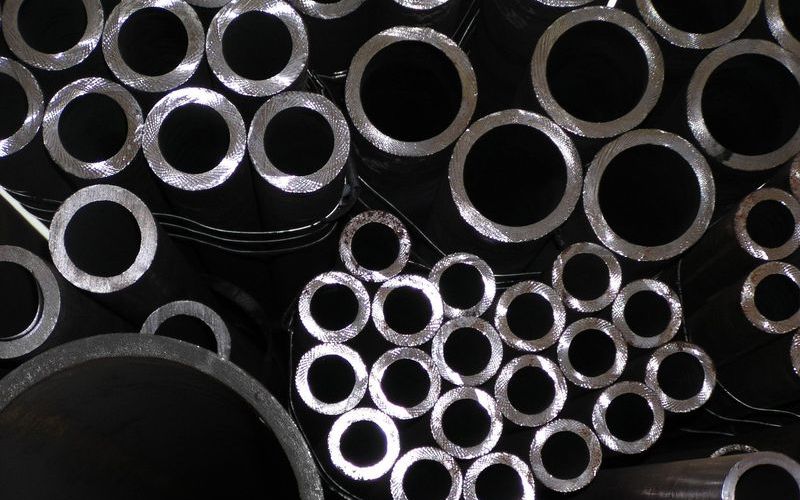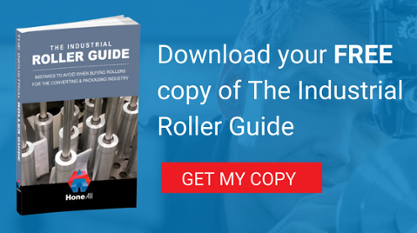
All steel tube manufacturers have many considerations to make. It all begins with attention to detail.
Detail in this realm means balancing multiple contrasting variables including: the initial design requirements; the specification of the material; the quality of the machine; the cost of manufacture; and the required quality of the final product are the main areas.
In precision engineering, attention is focused upon the capabilities of the engineers and the machines. At Hone-All, we do it ourselves. Who, after all, would not be floored by precision rollers? Investing in technology is a vital component of leading the curve.
However, this is just one way in which attention to detail is important. Everything else in this article stems from this same basic cultural philosophy.
Communication
Detail is often in the communication. From idea, to page, to reality, many considerations are involved.
In tube manufacture, there is a synergy of minds and technologies. Ideas spark, machines produce, results innovate. All steel tube manufacturers need to pay attention to detail at every stage, and to communicate this detail throughout the buying and manufacturing process. This detail goes beyond what technology is able to do. It is about having the right team guiding the detail into meaningful results.
And speaking of the right process…
Engineering is a practical and precise art. Most problems occur because set-up, process or maintenance procedures are not correctly followed. Common mistakes include:
1. No Production Quality Plan
Engineers know what they are doing. However, having documented process maps and plans are vitally important because they reduce the most random variable – the human thought process – from the equation. It is a system that keeps our planes flying, our shipping afloat, and our industry moving. Process and quality plans also play a vital role in troubleshooting, therefore contributing to efficiency in multiple ways.
2. Inadequate Training
Whether an old hand or a fresh face, training is a crucial consideration in precision engineering. Importantly, training and development is an on-going process that good organisations adopt as a core element of their organisational identity. Training keeps minds fresh, and plays an important role in problem-solving, teamwork, efficiency, and productivity.
3. Maintenance And Servicing
Servicing of equipment may be expensive and time-consuming, but in neither case is it a false economy. A machine that is running at a sub-optimal level haemorrhages hours and materials, whilst causing long-term damage to parts that may be difficult to replace. Misalignment or failure to maintain parts under friction are by far the most common issues and are easily corrected by annual servicing. If machines run according to established maintenance schedules, it means that other schedules – such as delivery – can be predicted with accuracy.
4. Running The Tooling Into The Ground
It is a delicate balance between optimising the life of the tooling and overdoing it. This balance can only be maintained by adhering to stringent quality checks of the tool and related tips etc. during the manufacturing process. Belief that tooling will last for the next component must be removed and replaced with an assured knowledge and confidence that it most certainly will.
5. Choosing The Wrong Process For The Job
Sometimes, secondary engineering on stock-bought tubes is adequate. Often, however, stock tubes have inconsistent interior and exterior diameters. When accuracy is required, manufacturing from solid material is often the most efficient way of ensuring that tolerances are tight, and concentricity is achieved. Choosing the correct process can save valuable time and effort. Hone-All’s free guide offers much more information on this topic.
Closing thoughts
Anyone within tube manufacturing need to balance many considerations in order to remain competitive. Some of these are based upon pure practicality, such as ensuring that machines are fit for purpose and are properly maintained. Others are down to expertise, such as understanding when to modify a stock tube or when to create from solid. Others, such as communication, are rooted in less tangible aspects of organisational culture. However, overall, considerations boil down to experience. The more finely tuned the method, the more smoothly the organisational machine will run and the better the results for the customer.
If you need advice on the best and most cost-effective method of manufacture of your tubular product, contact us today on 0845 5555 111 or via www.hone-all.co.uk






